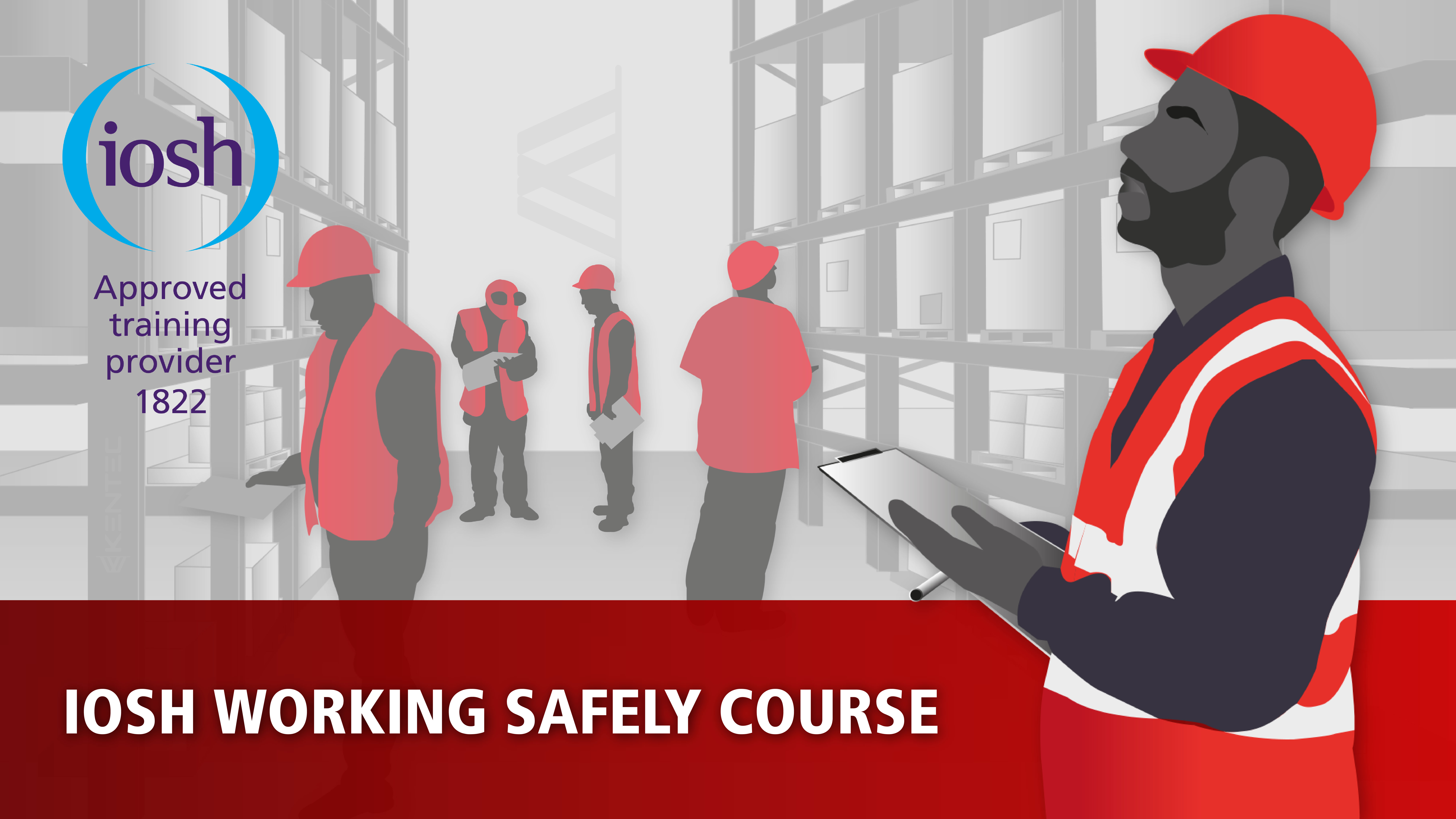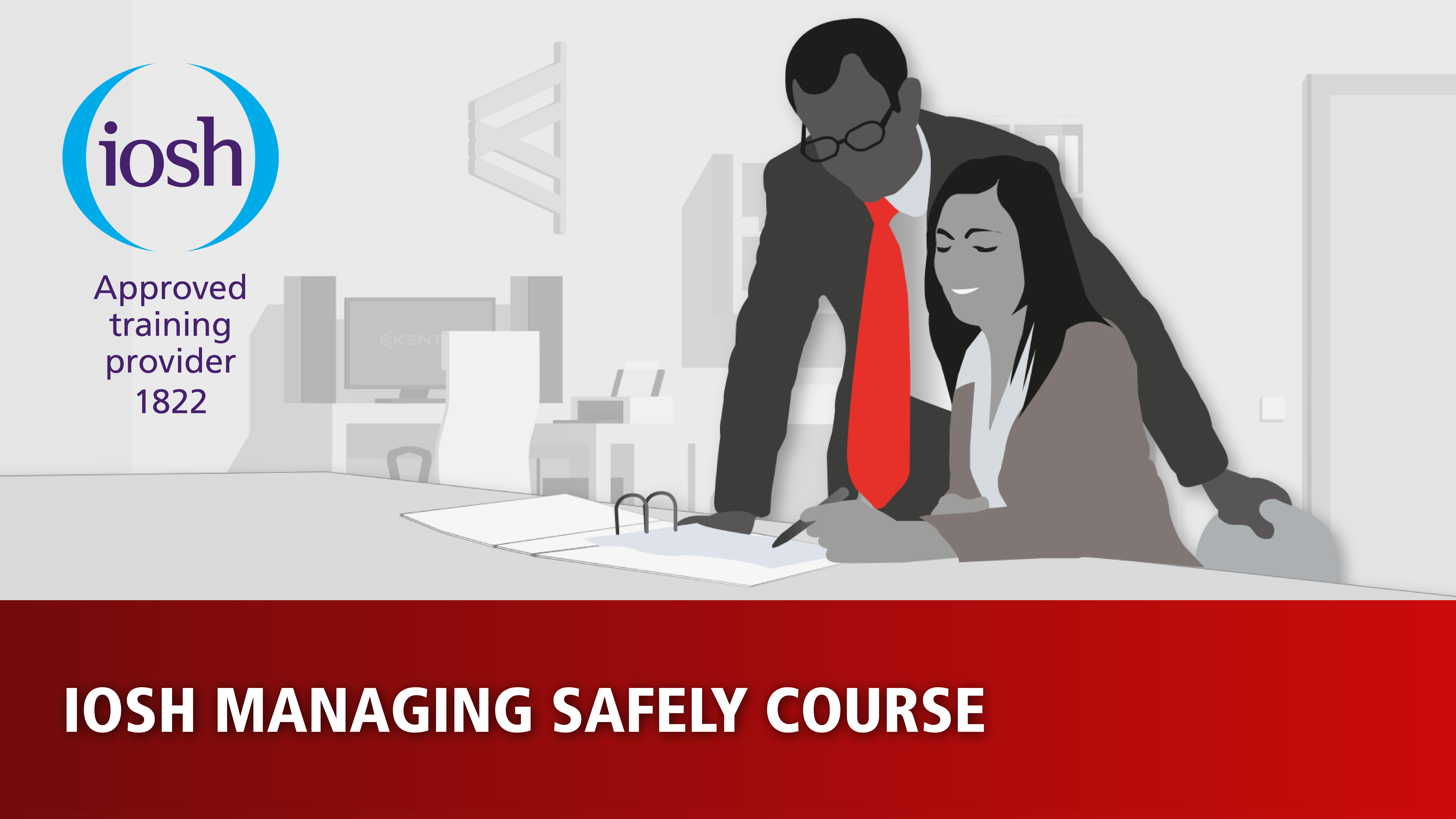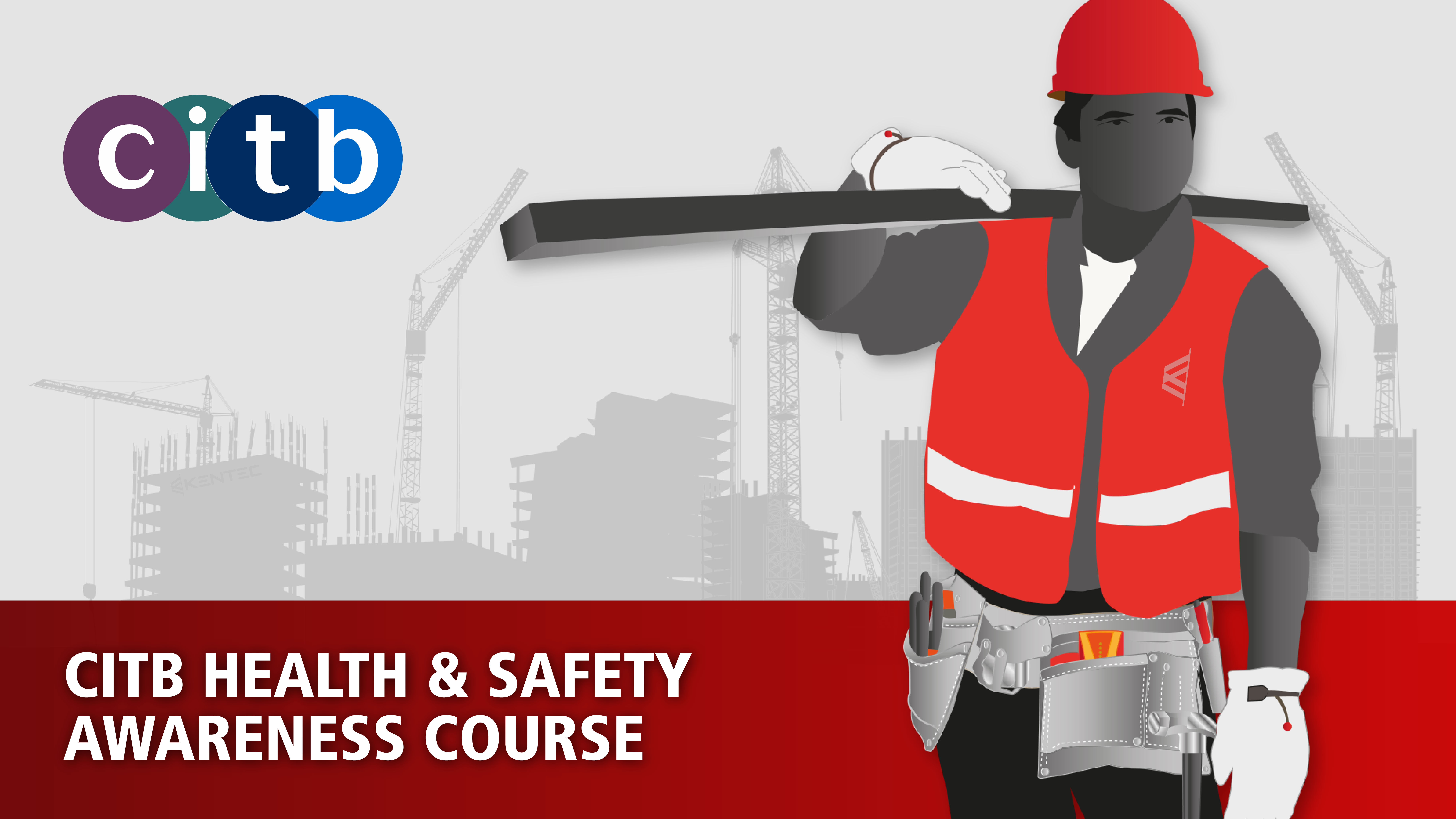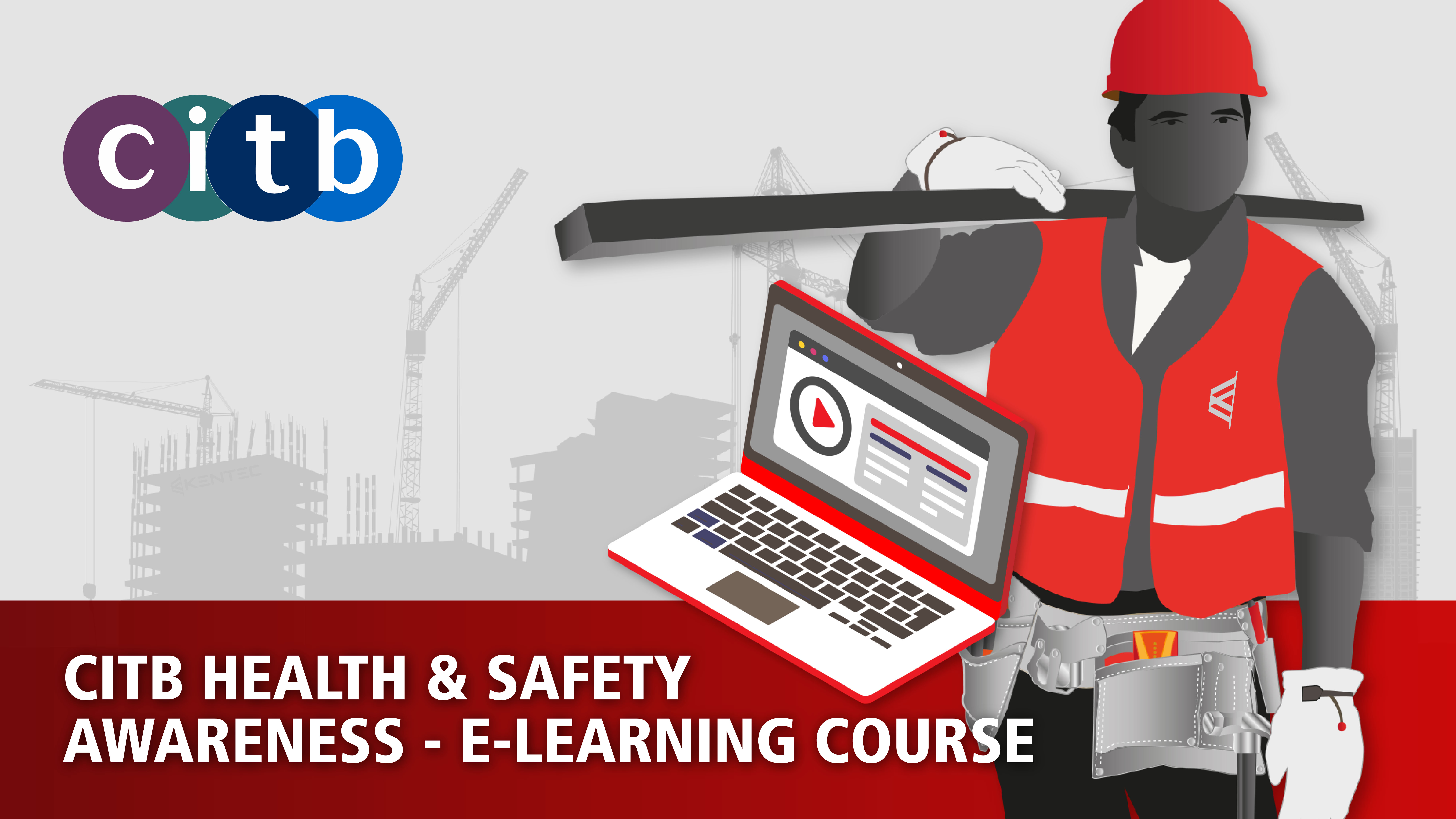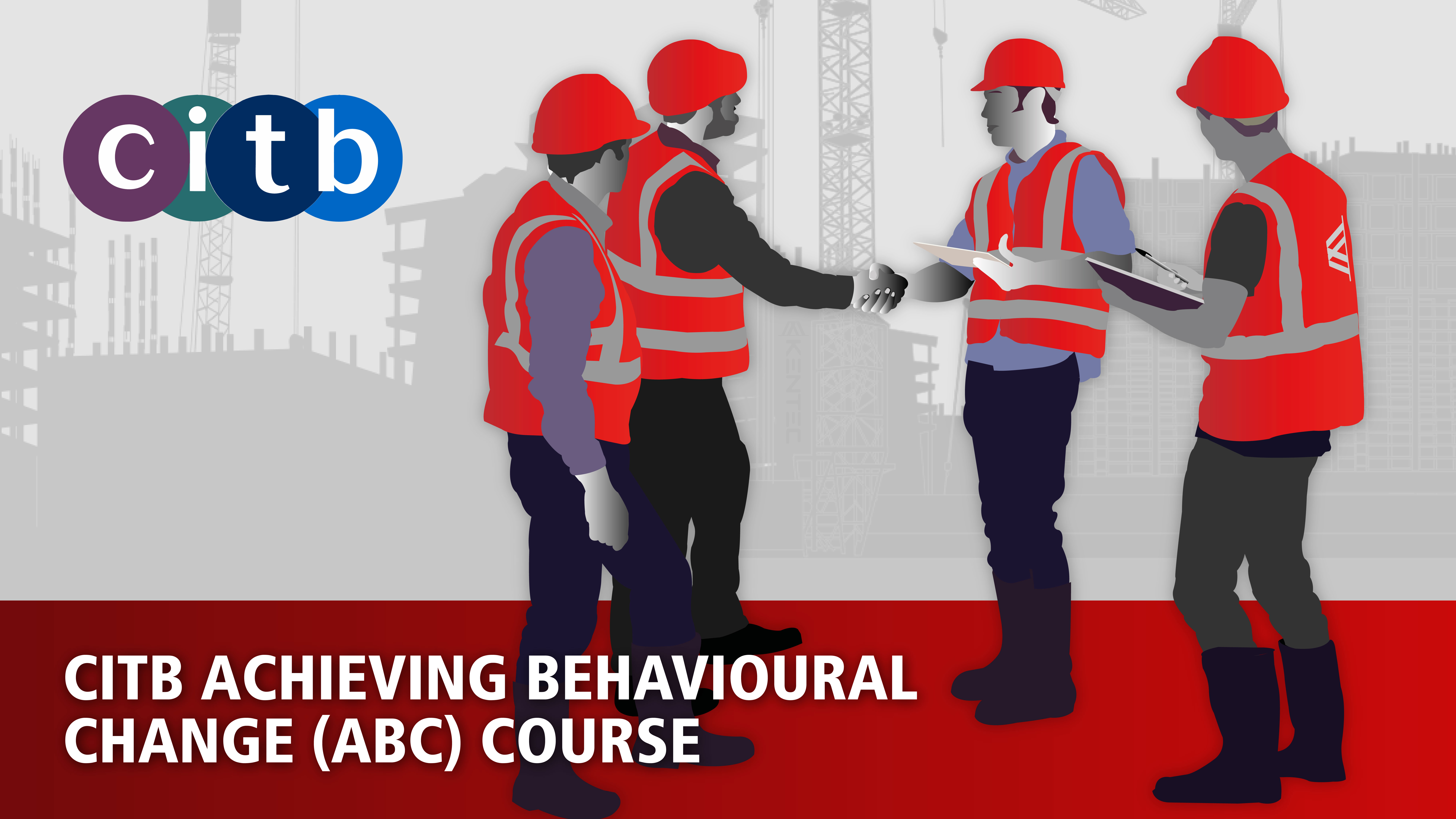The NEBOSH National General Certificate in Occupational Health and Safety course is one of the UK’s most popular and respected health and safety qualifications. Offering a valuable overview of the core aspects of occupational health and safety, the course provides an excellent platform for individuals who are looking to build upon their knowledge and skills and take their career forward.
Participants will gain a thorough knowledge of health and safety legislation and its practical applications during the course. They will learn how to spot workplace hazards and how to prevent them, as well as to assist in your company’s safety management programme. The course results in a real return on investment by giving you the know-how that could help you to reduce insurance and sickness-absence costs, improve staff morale, behaviours and minimise the potential for prosecution or other enforcement action.
This course consists of a training room lectures, DVD presentation, two written examinations and a written assessment.
Many individuals attend the NEBOSH General Certificate Course as it gives them the skills and knowledge to fulfill their health and safety responsibilities. It is a great opportunity as a first step towards a solid career in occupational safety and health, whether you are a manager, supervisor or operational staff. The course is suitable for anyone in any industry or sector, as the course encompasses all elements of health and safety in the workplace.
The NEBOSH General Certificate provides a good foundation on which to build your knowledge on health and safety, as the course allows for progression onto the NEBOSH Diploma, or the ability to branch out and specialise in areas such as construction, fire, environment and health and well being in the workplace.
This course is an intense learning experience and delegates should be ready to commit and dedicate their spare time to study and revision outside of the classroom. Due to the nature of the examinations, a thorough understanding of the English language and reading and writing skills are required in order to attend this course.
The next course dates are as follows:
Course - 9th, 10th, 11th, 16th, 17th, 18th, 23rd, 24th, 25th, 30th, 31st May, 1st June
Revision Day - 4th June
Exam Day - 6th June
Course - 8th, 9th, 10th, 15th, 16th, 17th, 22nd, 23rd, 24th, 29th, 30th, 31st August
Revision Day - 3rd September
Exam Day - 5th September
Weekend Course
Course - 15th, 22nd, 29th Sep, 6th, 13th, 20th, 27th Oct, 3rd, 10th, 17th, 24 Nov, 1st Dec
Revision Day - 3rd December
Exam Day - 5th December
Course - 7th, 8th, 9th, 14th, 15th, 16th, 21st, 22nd, 23rd, 28th, 29th, 30th November
Revision Day - 3rd December
Exam Day - 5th December
The qualification is divided into three units, each of which is assessed separately:
- Management of Health and Safety (NGC1)
- Controlling workplace hazards (GC2)
- Health and safety practical application (GC3)
Unit NGC1 Management of Health & Safety
- Foundations in health & safety
- Policy
- Organising for health & safety
- Promoting a positive health & safety culture
- Risk assessment
- Principles of control
- Monitoring review and audit
- Incident and accident investigation and reporting
Unit GC2 Controlling Workplace Hazards
- Movement of people and vehicles – hazards and control
- Manual and mechanical handling – hazards and control
- Working equipment hazards and control
- Electrical hazards and control
- Fire hazards and control
- Chemical and biological health – hazards and control
- Physical and psychological health – hazards and control
- Construction activities – hazards and control
Unit GC3 Health and Safety Practical Application
Delegates will need to carry out unaided a safety inspection of a workplace, identifying common hazards, deciding if they are adequately controlled, and where necessary, suggesting cost effective control measures. A written report will then need to be compiled which persuasively urges management to take an appropriate action and explain clearly why such action is needed. This will include references to possible breaches of standards and identifying practical legislation and control measures which should be implemented.
Please click here for further NGC3 guidance for students.
Delegates will attend the course for 6 days, covering all the modules of NGC1, NGC2 and NGC3. A revision day leading up to the examination date will also enable delegates to get the most out of their course and utilise the instructor's knowledge for more help. It is strongly recommended that delegates complete all homework set.
Our instructor Chris Ward, is an experienced lead tutor for the NEBOSH Diploma, General Certificate and Construction Certificate programmes and is a registered NEBOSH examiner. His knowledge and experience with both teaching and marking the assessments allows for delegates to receive guidance on both the course content, as well as the style in which NEBOSH require their exam questions to be answered. His marking style enables delegates to understand how to answer questions effectively and the homework set allows for delegates to receive continuous feedback to strengthen their knowledge.
NGC1 and NGC2 modules are assessed by two two hour written examinations. Each written examination consists of ten 'short answer' questions (8 marks each) and one 'long answer' question (20 marks). NGC3 is assessed by one practical assessment carried out in the delegate's own workplace within 10 working days of the written examination.
Delegates are required to complete all 3 units within a five year period to achieve the qualification. There are three overall grades that can be attained from NEBOSH, a pass, credit or distinction. All marks from the individual modules are added together and the grades are awarded. Delegates can expect to be notified of their pass mark approximately 2 months after the examination.
Our FAQ area is the best place to look to find answer to your questions. Our community and support team
constantly update the questions and answers.
View All FAQs


